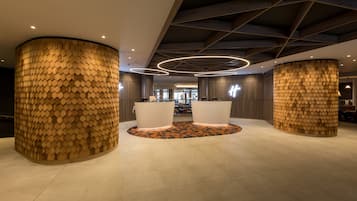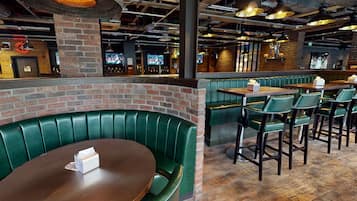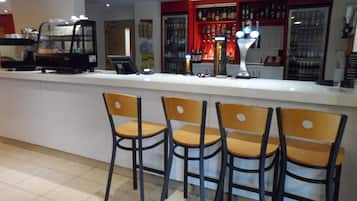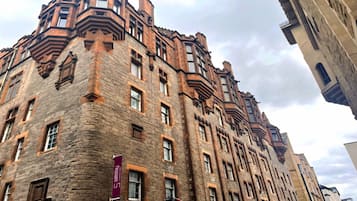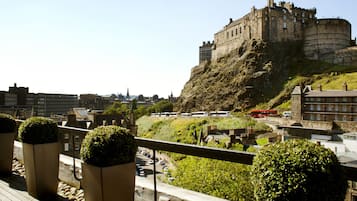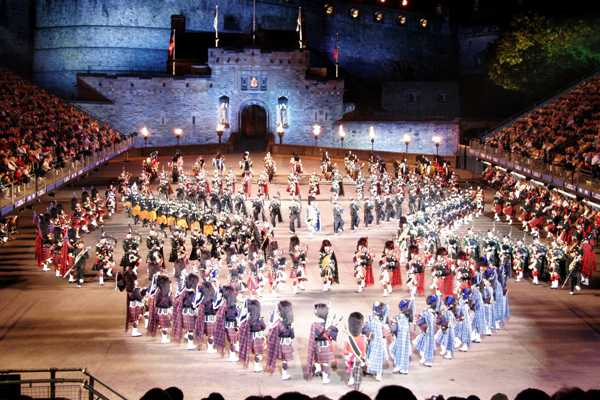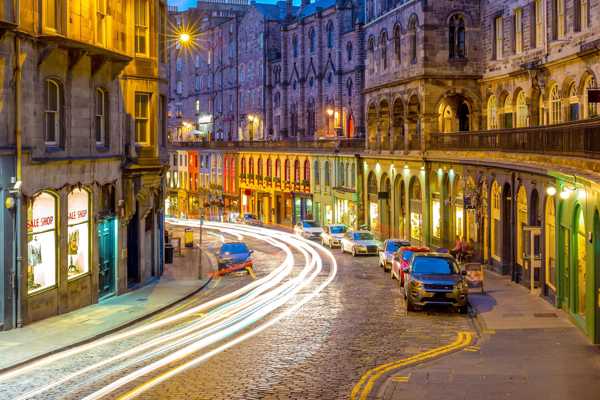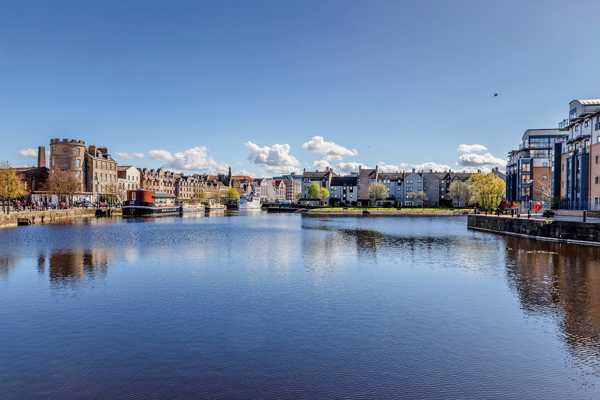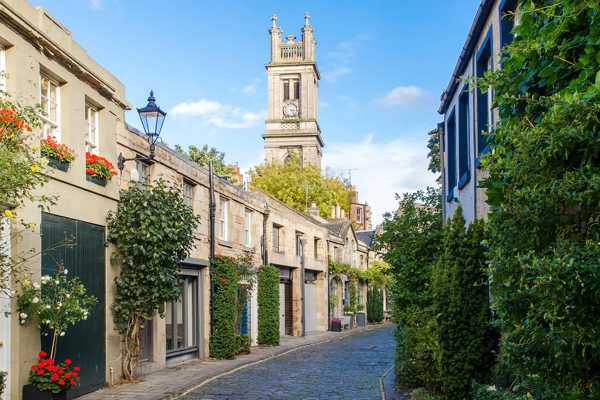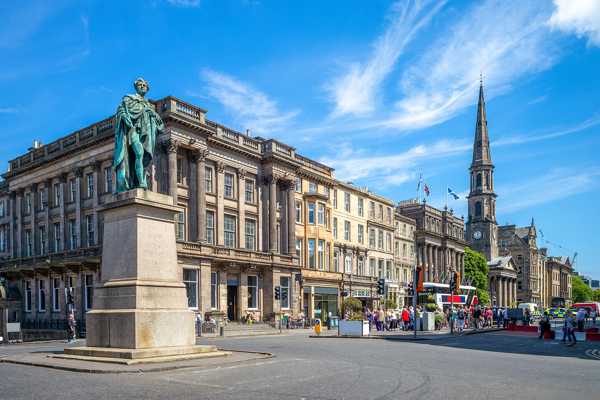The Writers' Museum is dedicated to showing the lives of 3 prominent Scottish writers: Walter Scott, Robert Burns and Robert Louis Stevenson. Inside this museum, you'll find important artefacts from their works and from their lives that offer valuable insight into their experiences. You’ll learn how the writers shaped their famous works and see personal objects and detailed portraits that are interesting even if you haven't read their stories.
The museum is located in the Lady Stairs House, which dates back to 1622 but underwent extensive renovations in the late 19th century after being threatened with demolition. Now, it's a protected and listed building. It takes about an hour or so to explore everything the museum has to offer, so make sure you plan accordingly.
The Writers' Museum in Edinburgh - one of the highlights of 11 Things to Do Off the Beaten Track in Edinburgh (Read all about Edinburgh here)
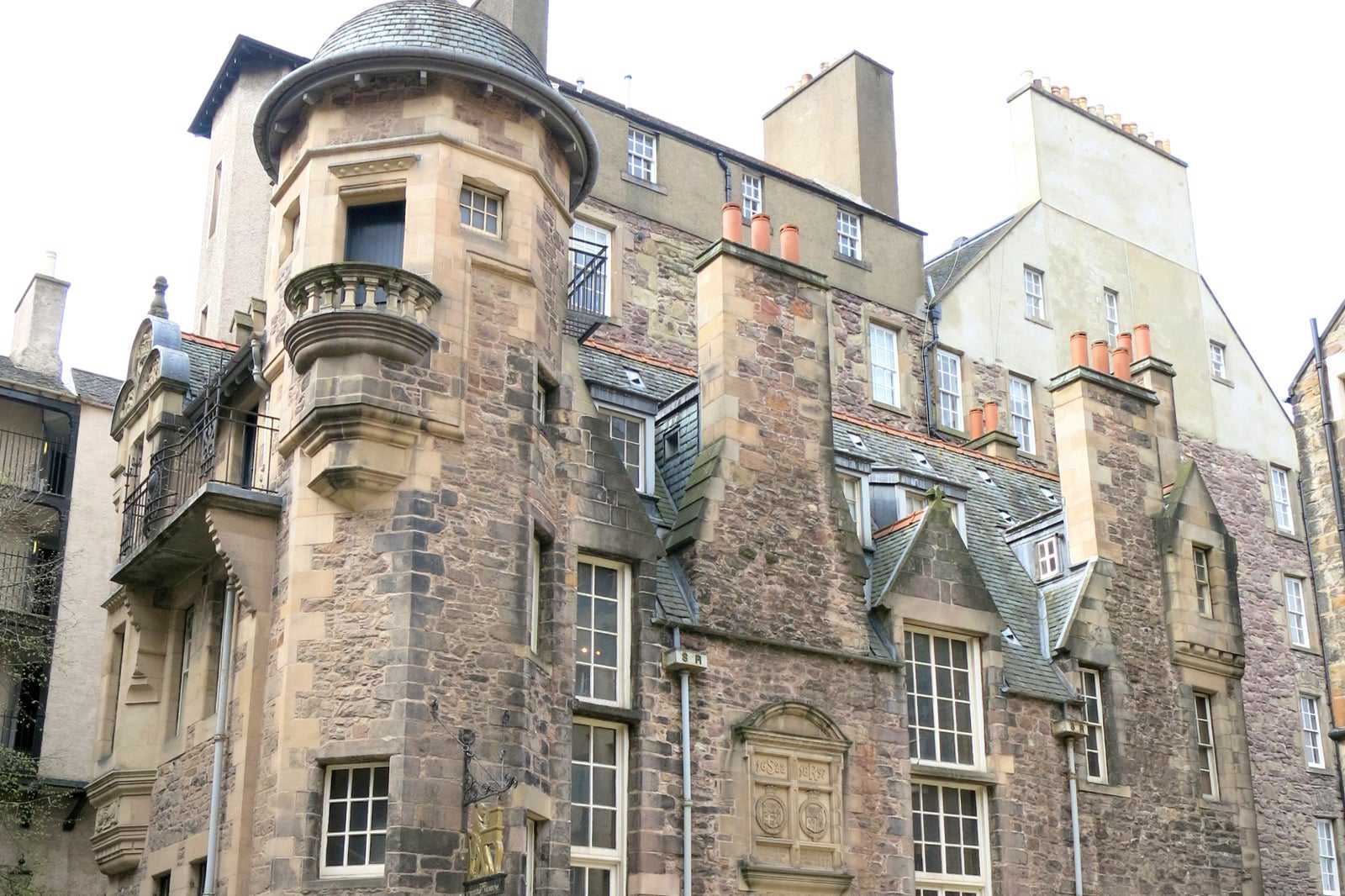
photo de Enric (CC BY-SA 4.0) modifiée
The Writers' Museum highlights
The museum features a wide range of objects, including a few standouts. Here, you'll find the first edition of 'Waverly', a Scott novel that became so influential that the nearest train station and subsequently second busiest station in Scotland was named after it. You'll also find a first-edition 'A Child's Garden of Verses', one of Stevenson's classics.
Among the artefacts, you can find the press on which Scott wrote the Waverley novels. One of the most prized items in the collection is a wardrobe that was owned by Stevenson and crafted by Deacon Brodie, a famous cabinetmaker, city councillor and secret housebreaker. Brodie's double life is often speculated to be what inspired Stevenson to write 'The Strange Case of Dr Jekyll and Mr Hyde'.
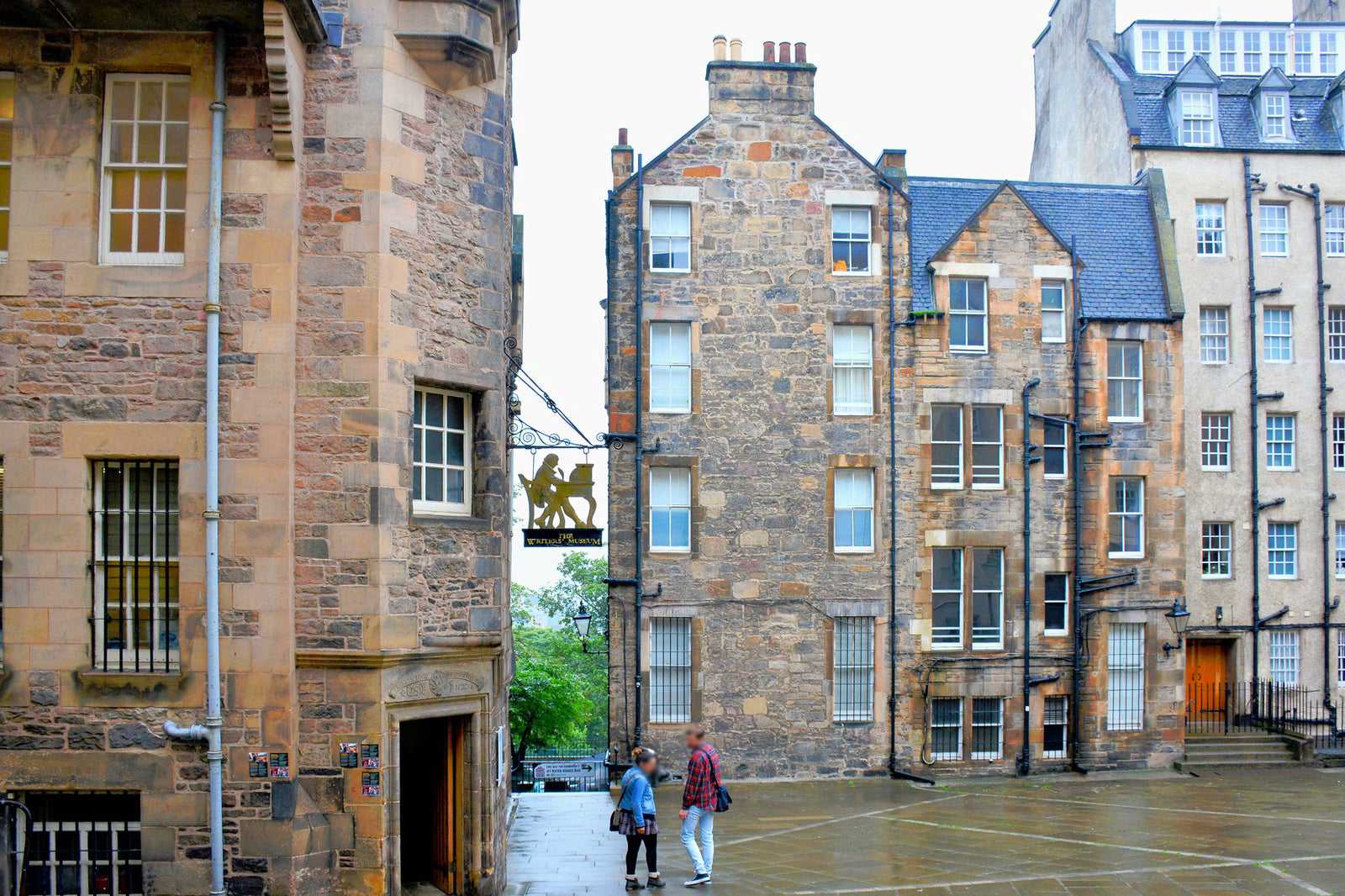
photo de Mike McBey (CC BY 2.0) modifiée
The Writers' Museum history
To understand the history of The Writers' Museum, it's important to understand the history of the building it's in. Built in 1622, the house was a private residence for Sir William Gray of Pittendrum. The Stair family came in possession of the house in the early 18th century, and the Gray family regained control in the late 19th century. In 1907, the 5th Earl of Roseberry, Gray's descendant, decided to give the house to Edinburgh to use as a museum.
While some artefacts from the city council were housed in this location for a while, it became a private residence again in 1937, though the artefacts were never moved out. In fact, a lady who lived there during World War II recalled hosting her wedding reception around Walter Scott's 4.5-metre-long dining table.
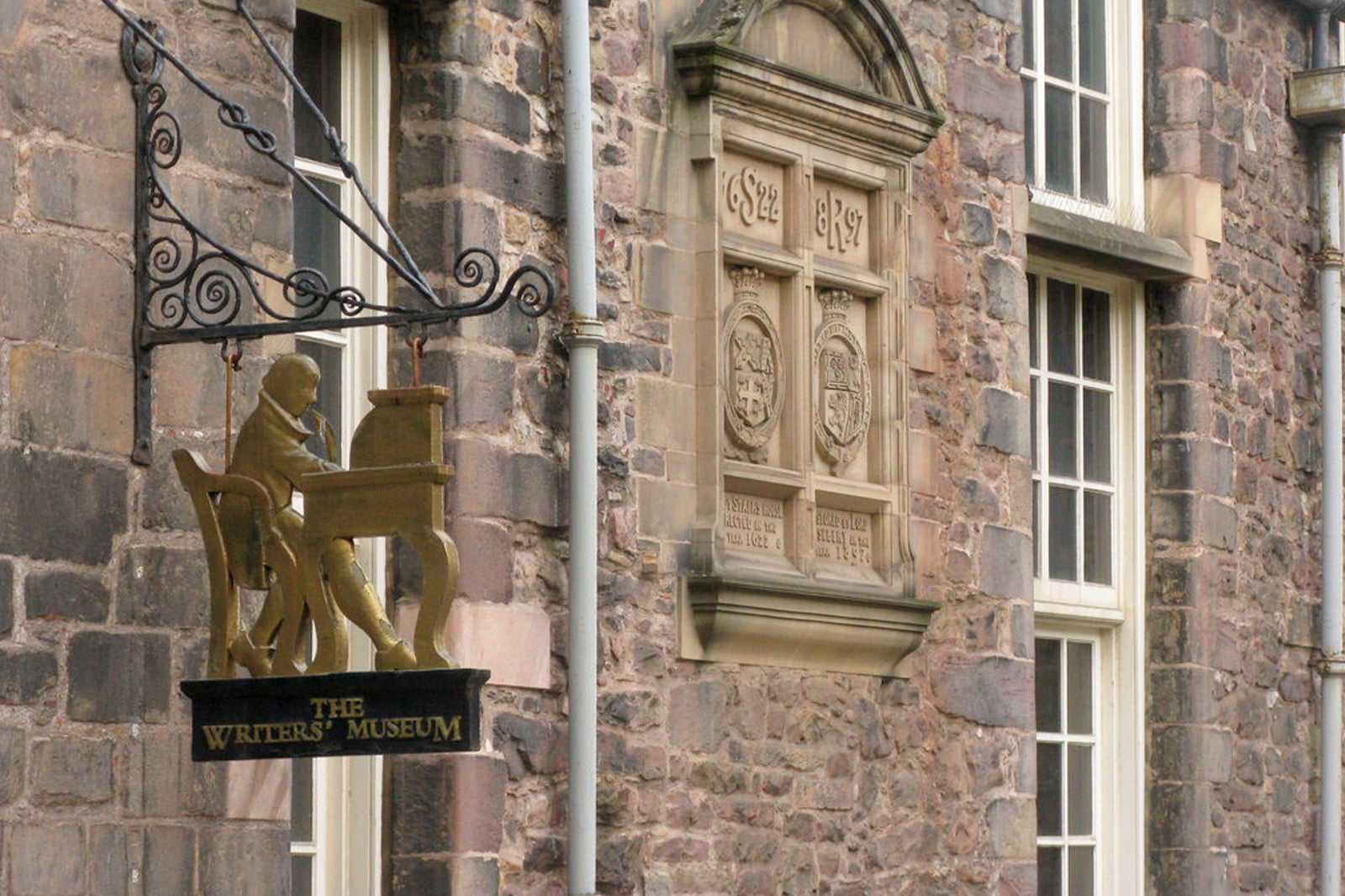
photo de Dave Pickersgill (CC BY-SA 2.0) modifiée
Good to know when visiting The Writers' Museum
One of the best aspects of The Writers' Museum is that admission is free. A trip to The Writers' Museum is often accompanied by a trip to Makars' Court, a public space right outside with numerous flagstones set to honour famous Scottish writers.
Given The Writers' Museum's location, you won't have to go far to find other interesting attractions. The Scottish National Gallery is just a short walk away, and a massive monument to Sir Walter Scott is found just a short walk to the north. As the museum is located in Old Town, you can also easily visit the National Library of Scotland and the National Museum of Scotland with just a few minutes' walk to the south.
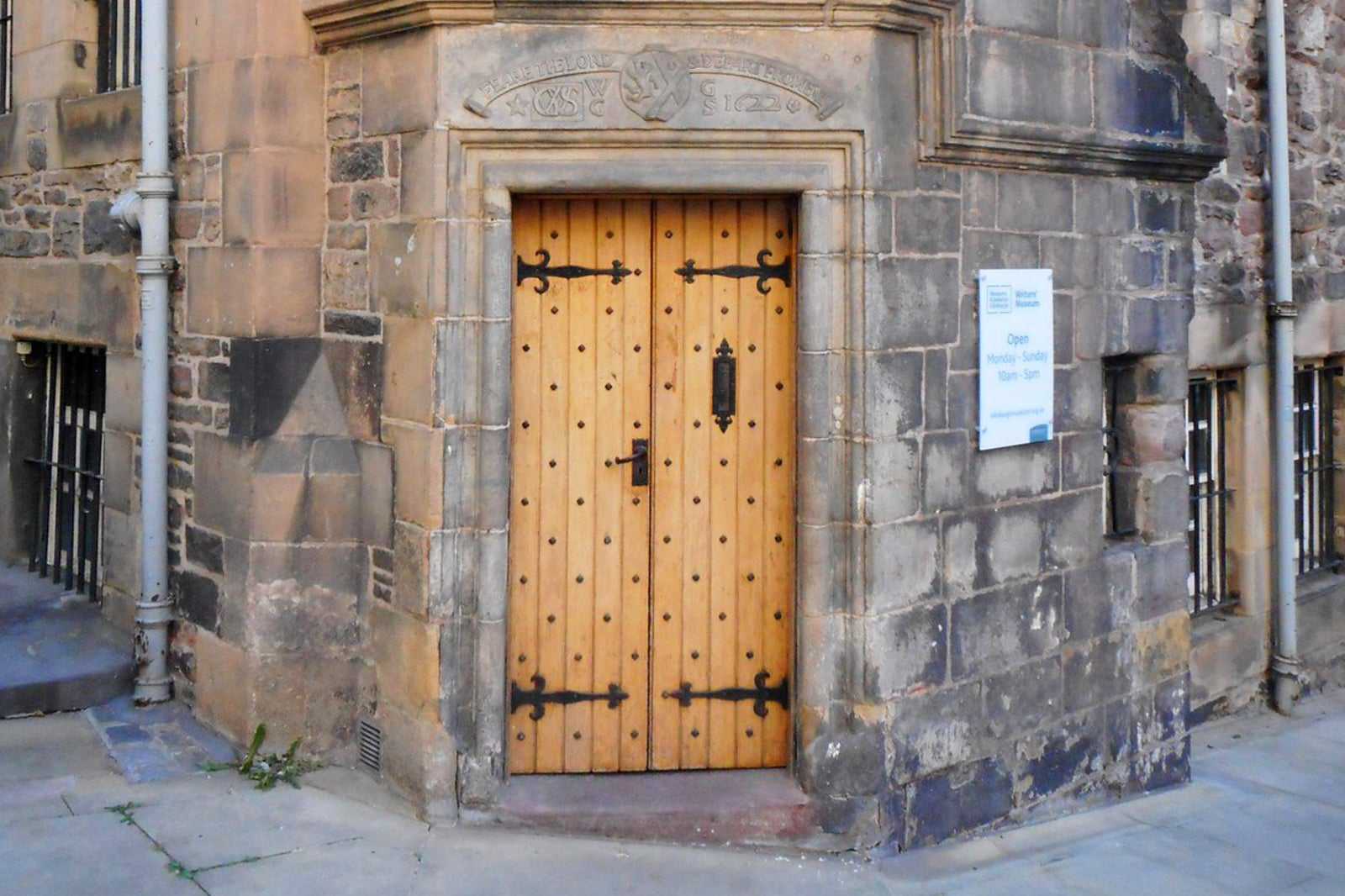
photo de Richard Sutcliffe (CC BY-SA 2.0) modifiée
The Writers' Museum in Edinburgh
Emplacement : Lawnmarket, Lady Stair's Cl, Edinburgh EH1 2PA, UK
Ouverture : Wednesday–Saturday from 10 am to 5 pm, Sunday from noon to 5 pm (closed Monday–Tuesday)
Téléphone : +44 (0)1315 294901

